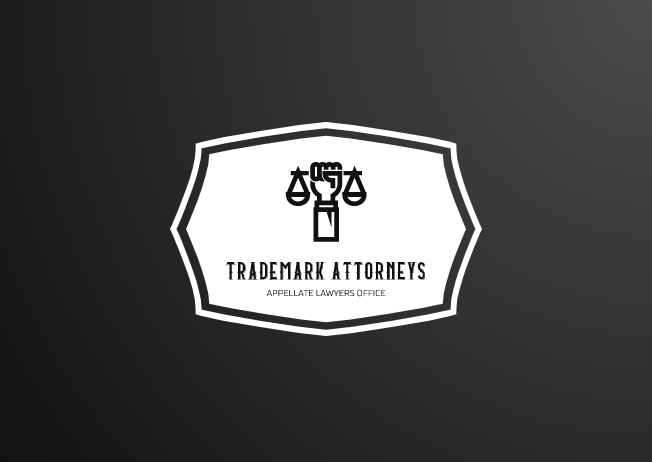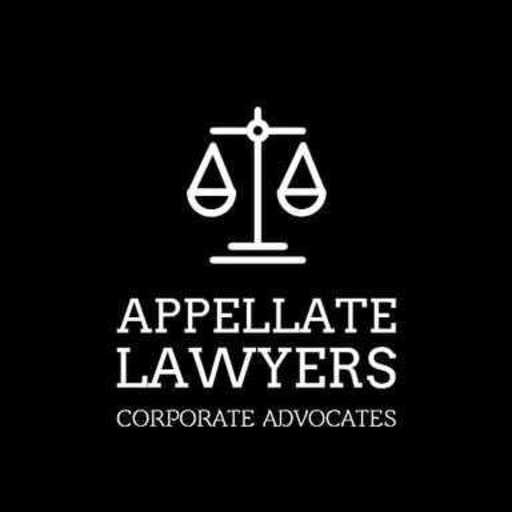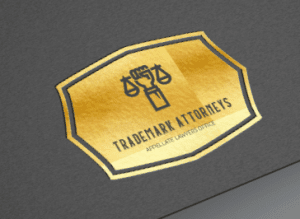If you are looking for an experienced IP attorney to handle suits under the Trademark Act, there are several factors to consider while choosing the best attorney at an Appellate Lawyers Office. Firstly, you should check their track record of successfully handling similar cases in the past. Secondly, you should assess their knowledge and expertise in trademark laws and regulations. Thirdly, it is important to consider their communication skills and responsiveness to client needs. Fourthly, you should evaluate their fees and billing structure to ensure that it is reasonable and transparent. Lastly, you can also seek recommendations from other clients or legal professionals to gauge their reputation and credibility in the legal community. By considering these factors, you can find the best IP attorney to represent your interests and protect your trademark rights effectively.
Law firms for SUITS UNDER TRADEMARK ACT Legal Services
Appellate Lawyers Office is one of the Top Corporate Law Firms in India to file Suits under the Trademark Act. Contact the Best IP Attorneys in Chennai, Tamil Nadu.
Under the Indian Trade Mark Law
“An individual achieves enrollment for its trademark for a specific decent or administration. By the way, He in this way has the select option to use that Intellectual Property according to the said good or service”.
The definition under section 28(1) of The Trademark Act,1999.
A Trademark is an unmistakable word or image that indicates a particular item. In fact, It lawfully separates it from every single other result of its sort. Moreover, Intellectual Property distinguishes an item as having a place with a particular organization. By all means, It also perceives the organization’s responsibility for the brand.
Probability of disarray
Trademarking, be that as it may, contains some fluffy limits. It denies any imprints that have a “probability of disarray” with a current one. An event of comparable brand particularly if the items or administrations are connected.
A business can’t use an image or brand name in the event. Moreover, People and organizations have items or administrations trademarked to shield the item. Protect from being utilized without the authorization of the source organization.
Most nations have patent laws that are intended to secure against copyright encroachment.
Jurisdictional issues
An encroachment suit is a remedy accessible for privileges of an enrolled trademark. In India, the utilization of registered kinds of Intellectual Properties is punishable by law. Even misleadingly like by any individual who isn’t the owner establishes encroachment.
Suit for encroachment
Intellectual Property law says the offended party can record a suit for encroachment in an area court. Case inside the purview where the offended party is really living or working for gain.

The court’s jurisdiction can be invoked under Section 20 of the CPC, 1908, despite the provisions of Section 134 of the Trade Marks Act, 1999. This allows plaintiffs to file trademark cases based on both procedural and trademark-specific legal grounds.
Trademark infringement
Right when infringement occurs, an Intellectual property owner may record a case against the infringing customer. An Intellectual property proprietor who accepts its imprint is being encroached on. May document a common activity in Courts for Trademark encroachment. In any case, as a rule, IP proprietors decide to sue for encroachment.
Issues related to Trademark
- Use by an unapproved individual
- Enrolled trademark
- Indistinguishable or misleadingly similar
- Vicarious obligation
- Contributory encroachment
- Class of products or services
1. Use by an unapproved individual
Intellectual property infringement occurs when a person uses a trademark without authorization from the registered trademark holder. If the unauthorized use misleads or causes confusion, it violates trademark rights. However, when a person uses the mark with proper authorization, it does not count as infringement. The distinction depends on whether the usage is legally permitted by the trademark owner.
2. Enrolled trademark
The Act provides protection only to registered trademarks listed in the trademark registry of India. For unregistered trademarks, legal disputes are resolved based on precedents set by previous cases. The law follows the principles of tort, addressing harm caused to a brand’s goodwill. Such harm occurs due to the actions of another individual or a group affecting the trademark owner’s reputation.
3. Indistinguishable or misleadingly similar
The unauthorized use of intellectual property must be identical to or misleadingly similar to the original. If a consumer might get confused between the two marks, it qualifies as infringement. The key factor is that confusion may occur, and proving actual confusion is unnecessary. As long as there is a possibility of deception, the case for infringement stands. This potential for misdirection is enough to establish a violation of trademark rights.
4. Vicarious obligation
If an organization submits infringement, the entire organization will be obligated. Each individual liable for the organization will be subject to aberrant encroachment. Except for an individual who acted in compliance without information on the encroachment. The components of this risk are when the individual control the exercises of the head. When the individual is aware of the encroachment and adds to it. When the individual may get monetary profits from the encroachment.
Exception :
The organization has acted with some basic honesty. It had no clue about the encroachment.
5. Contributory encroachment
At the point when the individual is aware of the encroachment
When the individual physically adds to the immediate encroachment
When the individual initiates the head infringer to submit encroachment
Exception- no possibility of the contributory infringer to act.
6. Class of products or services
For the encroachment, the unapproved use of the imprint must be utilized. For the engendering of merchandise. The purpose may include administrations of the same sort.

Lawyers for Trademark Encroachment Legal remedies
Appellate Lawyers’ Office is one of the best Law firms for Trademark encroachment legal remedies in India. There are two types of Remedies
- Civil Remedies
- Criminal Remedies
Civil Remedies
Find below the Civil remedies
In the type of Injunction:
The activity is to prevent one individual from doing a specific movement. By the way, It is controlling an individual from unapproved use of Intellectual property Logos. Meanwhile, Through a brief or changeless the Court awards security to the Intellectual Property proprietor.
In the type of Damages:
Harms suggest recovering the misfortune of the Intellectual property proprietor. The recovery through the damages from trademark encroachment. The court grants compensation based on the financial value of the loss incurred. It also ensures that brand damage is recovered under this category while determining the final amount of damages. In the wake of considering the real and foreseen loss of the proprietor. The harms in Intellectual property law as help has progressively accepted significance. And the principle point of the harm is to fiscally redress.
Guardianship of encroaching materials:
This cure proposes that the Court may ask the infringer to convey all the merchandise. The items that are marked with the brand name before the Court. Here, the Court may indeed guide the specialists to keep the related materials accounts. And also they destruct every single such great. Moreover, If service marks encroach, the request might be passed to stop the arrangement. The denial of the administrations promptly by the infringer.
If there is an encroachment, the criminal grumbling can likewise be documented. And it is also noted under the Trade Marks Act, 1999.
It expresses the owner gets an opportunity to record the FIR on the infringer.
Criminal remedies
Choose the Best Criminal Lawyers for Trademark-related Criminal Remedies. In fact, Any individual who utilizes a Trademark in India without the consent of the owner. And making that Intellectual Property misleadingly comparable will be regarded to distort a trademark.
Any individual who distorts any trademark or dishonestly applies to products or administrations of any Trademark; will be culpable with detainment for a term which will not be under a half year which may reach out to 3 years and with a fine which will not be under Rs50,000 however which may stretch out to Rs. 2,00,000.
Other Legal Info
- CITY CIVIL COURT Lawyers: How to Hire the Best Attorneys?
- IPR Law
- How To Defend Against Copyright Infringement In India?
- Intellectual Property and their duties: The Best Reliable IP Lawyers
- CITY CIVIL COURT Lawyers: How to hire the Best Attorneys?
- Intellectual property rights: How to protect the Intellect creations?
- Copyright Infringement Legal Representation: Expert IP Attorney
- How to copyright a name in India?
- Infringement claims: How to find the Best Legal process?
Contact the Best Trademark Attorneys
Call or Whatsapp the below-given Phone number to Contact the Best Trademark Attorneys in Chennai, Tamil Nadu, India. You can make an appointment via Our Facebook Law office page or Twitter too.


